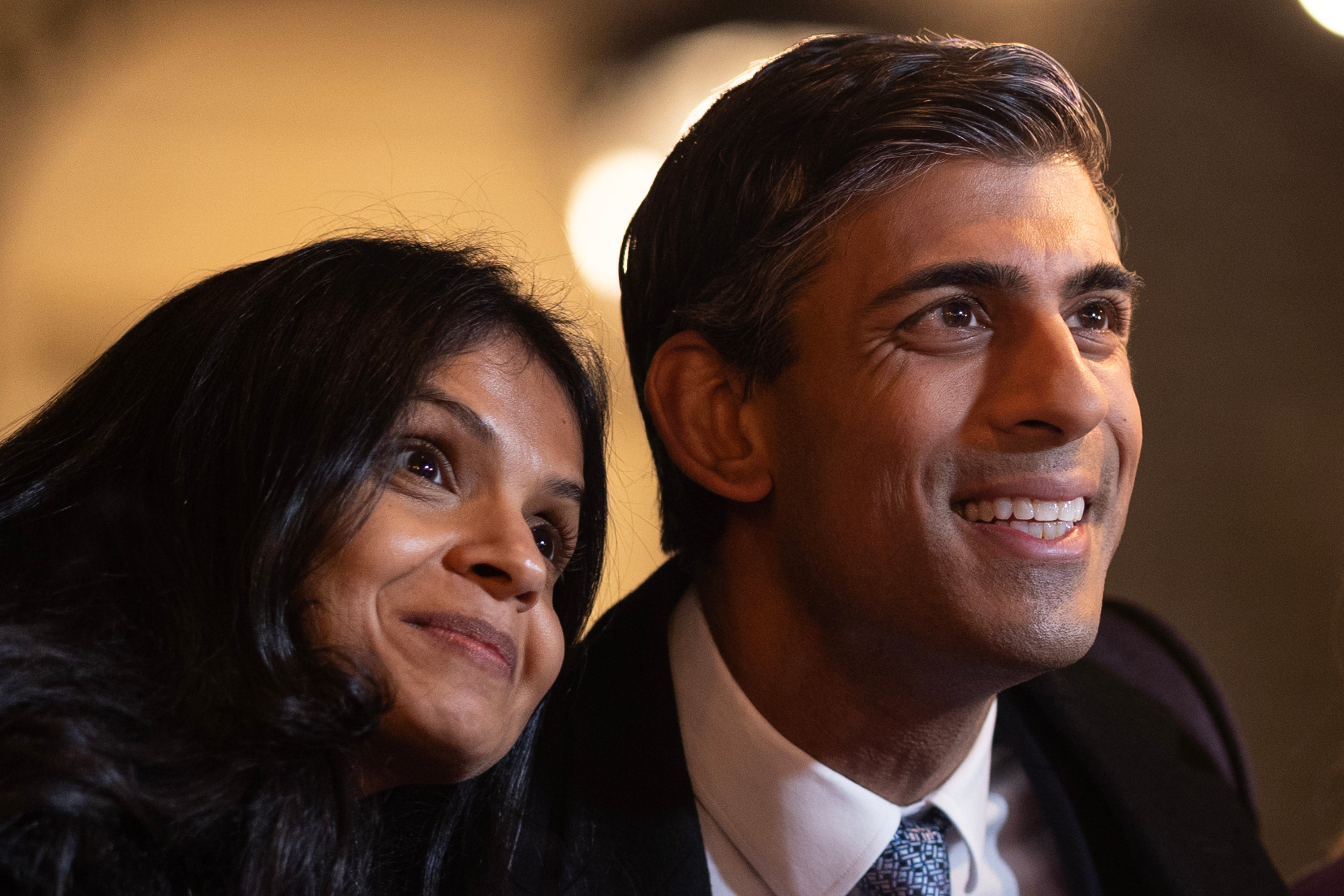Should British politicians publish their tax returns?
Either everyone’s tax returns should be public, as in Norway, or no one’s – otherwise that really would be one law for politicians and a different law for everybody else


Donald Trump’s tax returns have finally been published, confirming what had been suspected: that he has paid little in federal taxes in recent years. He appears to have used legitimate tax deductions to set depreciation and losses against his gains.
The publication was the product of a long legal and political struggle, as Trump held out against the convention that presidential candidates should publish their tax returns.
The outcome, though, is something of an anticlimax, in that there seems, on the first pass through the mass of material, to be nothing very damning about the former president’s tax affairs. The consensus is that the returns themselves would not prevent Trump from running for president again. If anything is going to obstruct his path to the primaries, it is more likely to be one of the various lawsuits that have been brought over the running of his businesses.
Even then, it might be better for the health of American democracy for Trump to be given the chance of the Republican nomination, only for him to decide to withdraw from the contest knowing that he would be defeated. If he were denied the opportunity because he was in jail for fraud, that might be satisfying to his opponents, but it would only feed a million conspiracy theories and keep the myth alive of Trump, the heroic battler against the establishment.
However, the publication of his tax returns does raise the question of whether British politics should follow the US in assuming that candidates for the highest offices will disclose their tax returns. We went some of the way in that direction 10 years ago, when a radio spat between Boris Johnson and Ken Livingstone, the leading candidates for mayor of London, ended with them both publishing their tax returns – and embarrassment for Livingstone, when it was revealed that he had reduced his tax bill by having his freelance income paid into a company.
In those days, there wasn’t much going on in politics to keep journalists occupied, so the debate about politicians’ tax affairs snowballed until David Cameron, George Osborne and Ed Miliband all agreed to publish their tax returns. But they never got round to it before the 2015 election, and the issue would have gone away if it hadn’t been for the leak of the Panama Papers the following year, which revealed that Cameron’s father had been a director of an investment trust registered in Panama and operating from the Bahamas. Cameron, Osborne, and Jeremy Corbyn, by now leader of the opposition, all published their tax returns. But Theresa May was having none of it in 2017, and the precedent, half-set, was unset again.
Personally, I don’t think it is a good idea to require politicians to disclose their tax affairs. Legitimate questions about Rishi Sunak’s wife’s tax status should be answered, but demanding the publication of tax returns would make it less likely that normal people would want to go into public service.
Either everyone’s tax returns are public, as in Norway, or no one’s; otherwise that really would be one law for politicians and a different law for everybody else.
Yours,
John Rentoul
Chief political commentator



Join our commenting forum
Join thought-provoking conversations, follow other Independent readers and see their replies
Comments